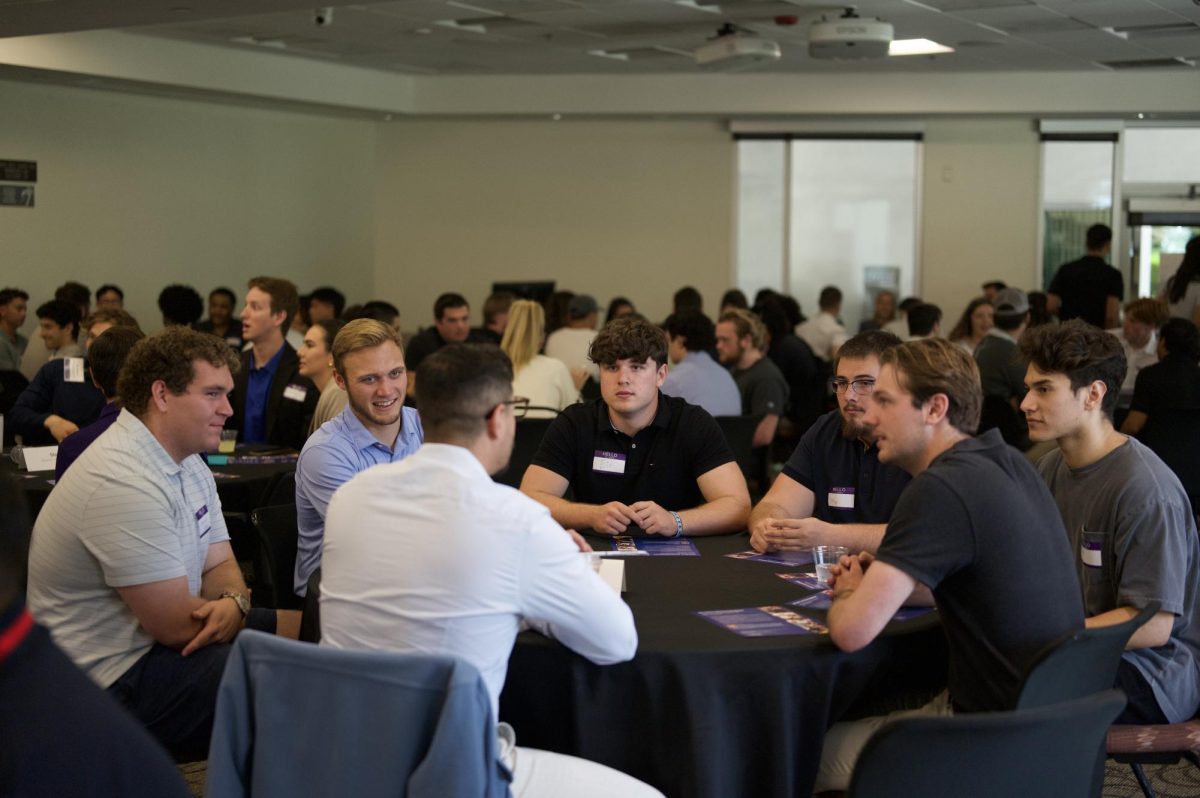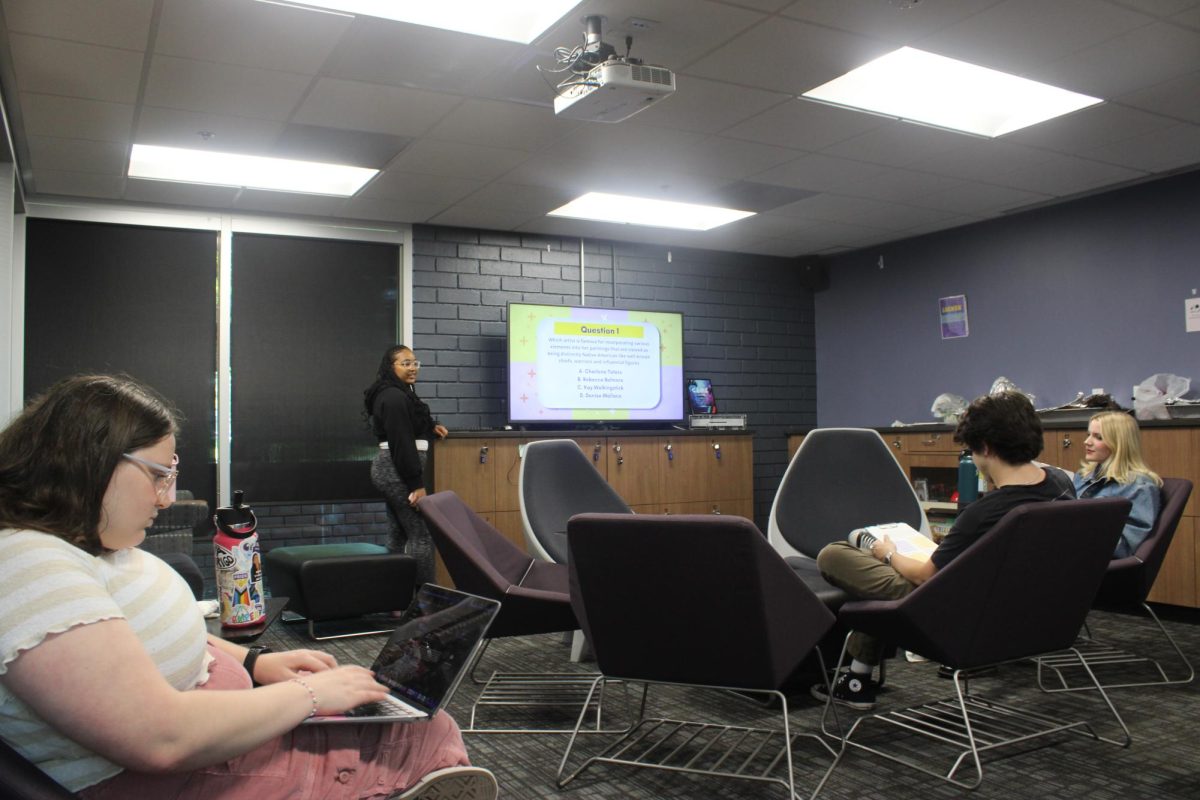Fast fashion stores like H&M and Zara provide affordable clothing attainable for college students living on a tight budget. However, purchasing your clothes from these stores contributes to sweatshop labor, pollution of the environment and copying of ideas.
Fast fashion companies sell their products for a low price, but the foundation of their industry is built on the backs of disempowered women. Taking advantage of working women is the reason why they can offer their goods at such a low price.
Forbes reported that 80 percent of today’s clothes are made primarily by people 18 to 24 years old. Most enter the industry at the age of 14 and earn under $3 a day. Fast fashion cuts corners when it comes to humans, producing cheap clothes from terrible conditions.
Thrifting is a good way to find affordable clothes without subsidizing an industry that forces workers into sweat shop conditions.
Roemello Ugale is a student involved with the fashion club at Cal Lutheran and owner of Golden Age Thrift. He takes matters into his own hands by buying and selling secondhand clothing both online and at flea markets in the greater Los Angeles area.
“Thrifting is beneficial to the environment, affordable and forces people to try something different,” Ugale said. “My favorite thing about thrifting is the satisfaction of finding something unique or that I love after a long time of digging. Thrifting also pushes people to be more creative through variation of outfits or ways to wear vintage clothing.”
Ugale recommends that even if people aren’t interested in thrift stores, they should shop sustainable brands like Patagonia, which donates profits to sustain public property and the environment.
“A cool thing about vintage clothing is that each piece is unique and has a story behind it. Also, the likelihood of someone having the same piece is far less than having the same piece from a fast fashion chain,” Ugale said.
The Instagram account DietPrada has become a popular source of information for fashion enthusiasts, with 770,000 followers. They publicize fashion controversy and are not afraid to call out the biggest designers for stealing ideas from their peers.
DietPrada may have their lenses focused on haute couture and runway designers, but they also call out fast fashion brands for their unethical practices.
“People are like, ‘Well, that’s their business model!’, But that doesn’t mean it’s right,” said Lindsey Schuyler, one of the managers of the account, in an interview with the New Yorker.
The nature of the fashion industry in this social media age has caused a copycat culture.
“With more and more people able to go on social media and see collections as soon as models walk off the catwalk, the demand to buy these runway looks immediately has only grown,” said Justin Moran, digital managing editor for Paper Magazine, in an article. “With less time to create original outfits, fast fashion must seek inspiration from the source, and oftentimes lift full outfits from designer runways.”
Even if you don’t like thrifting because it can be time-consuming or difficult to find something you like, you can invest in higher quality pieces that will last you longer.
Christian Ahn
Reporter







